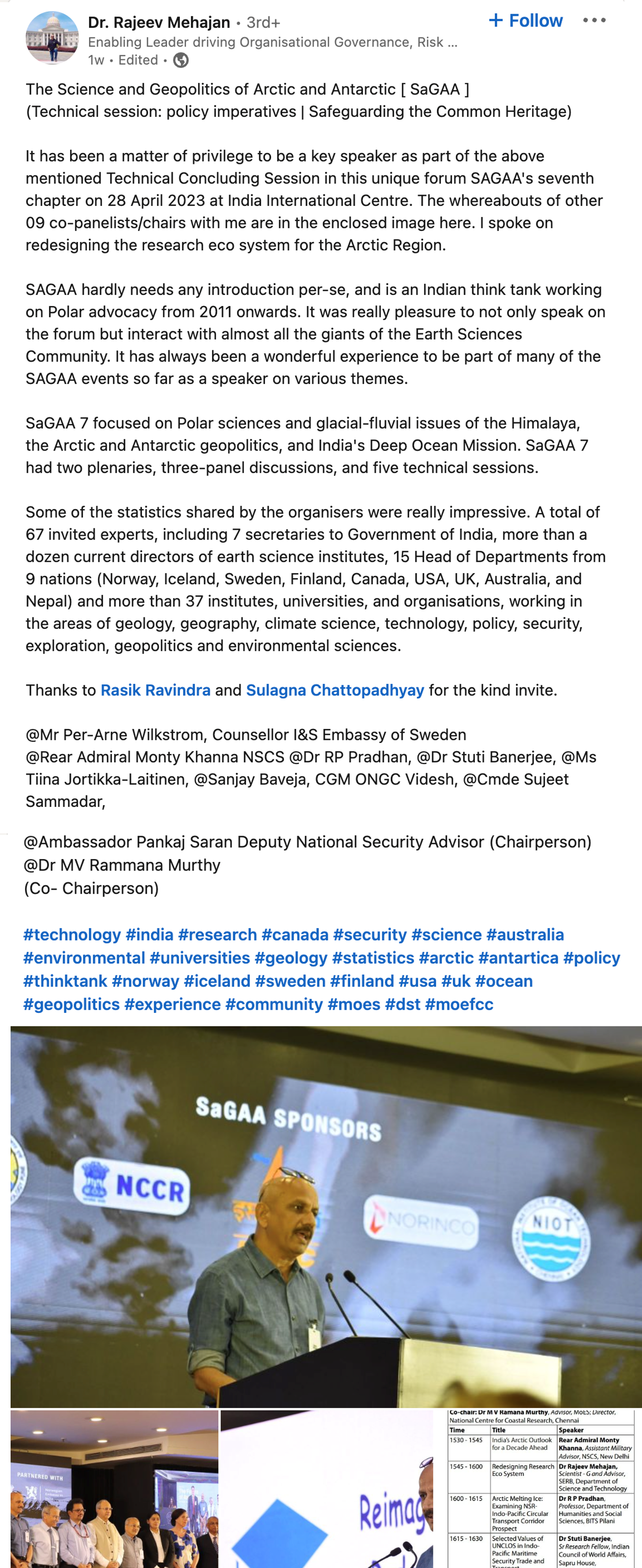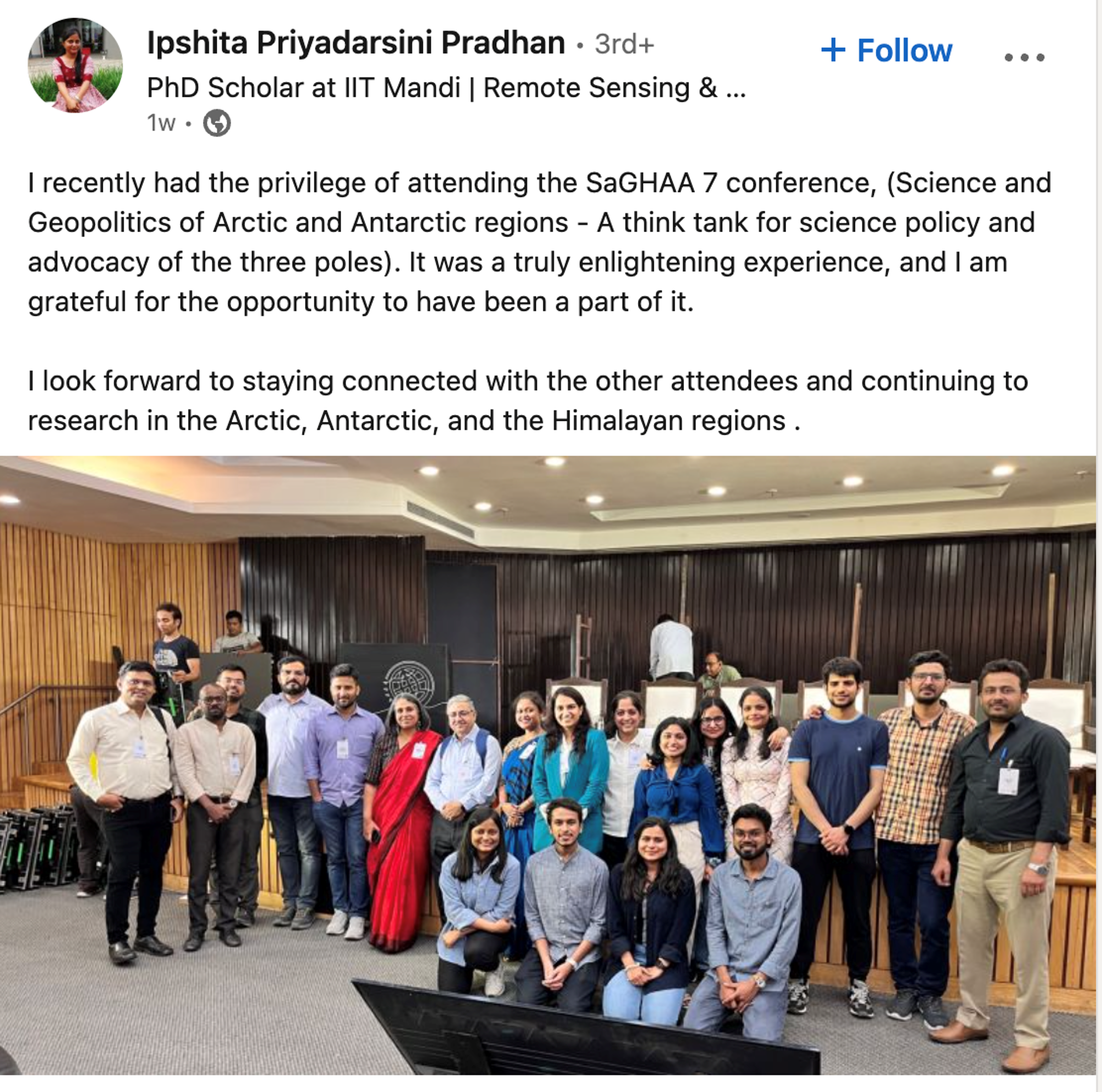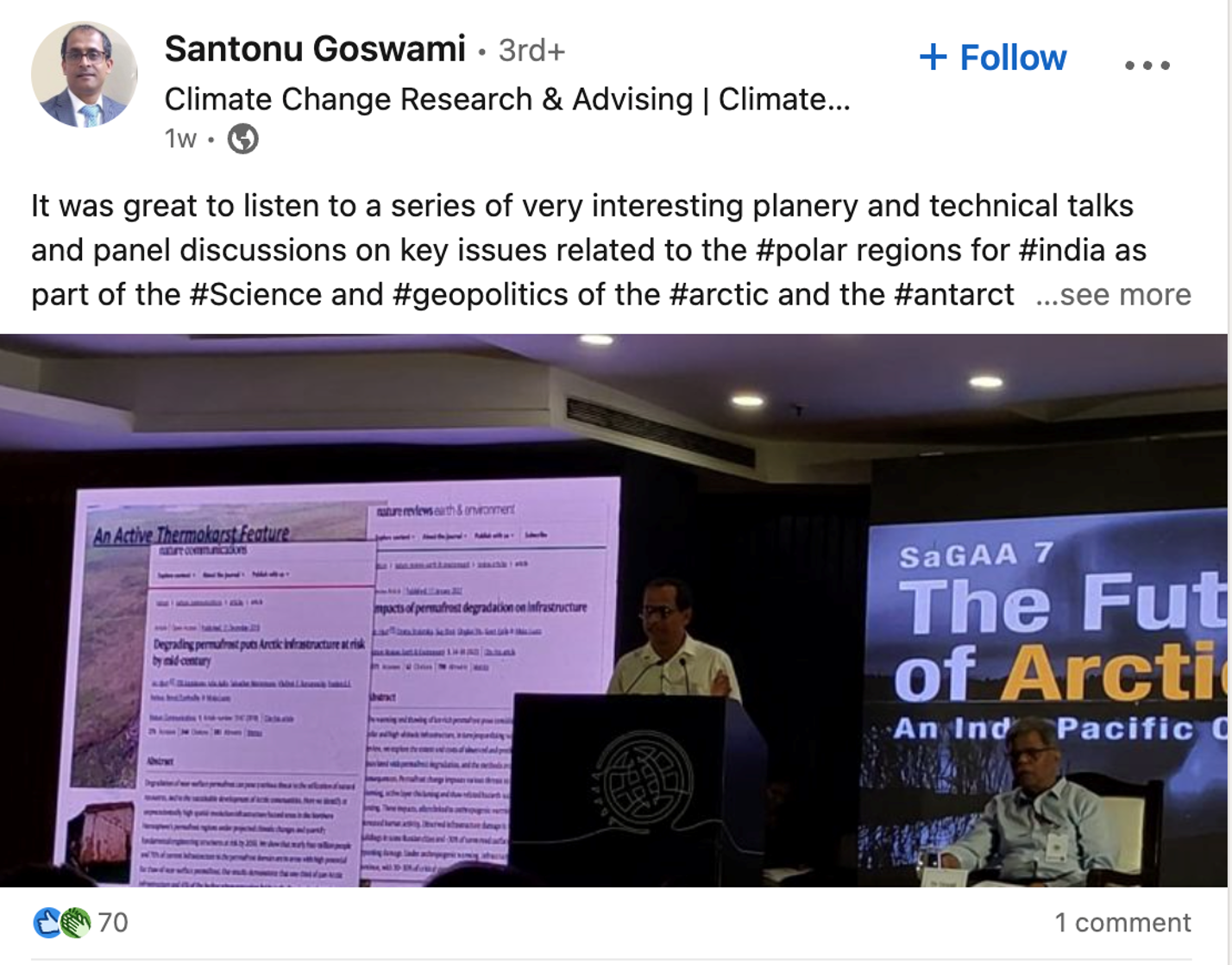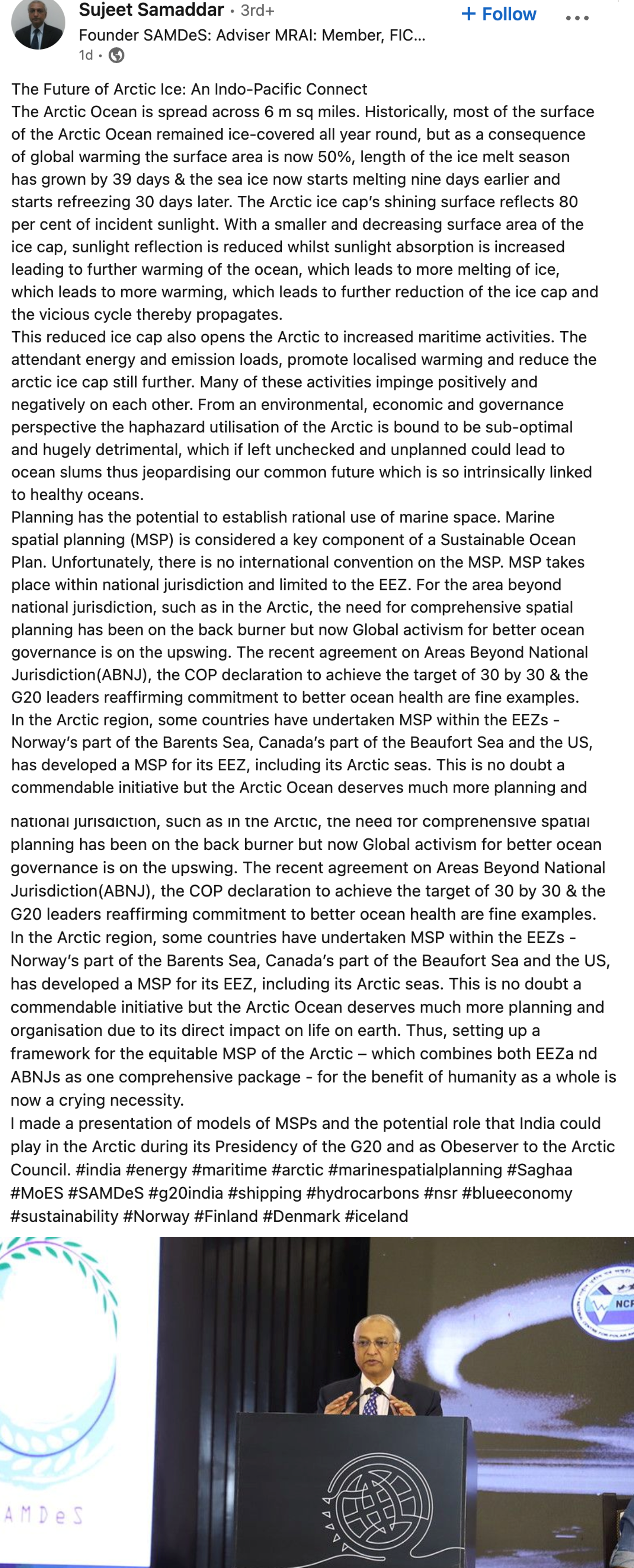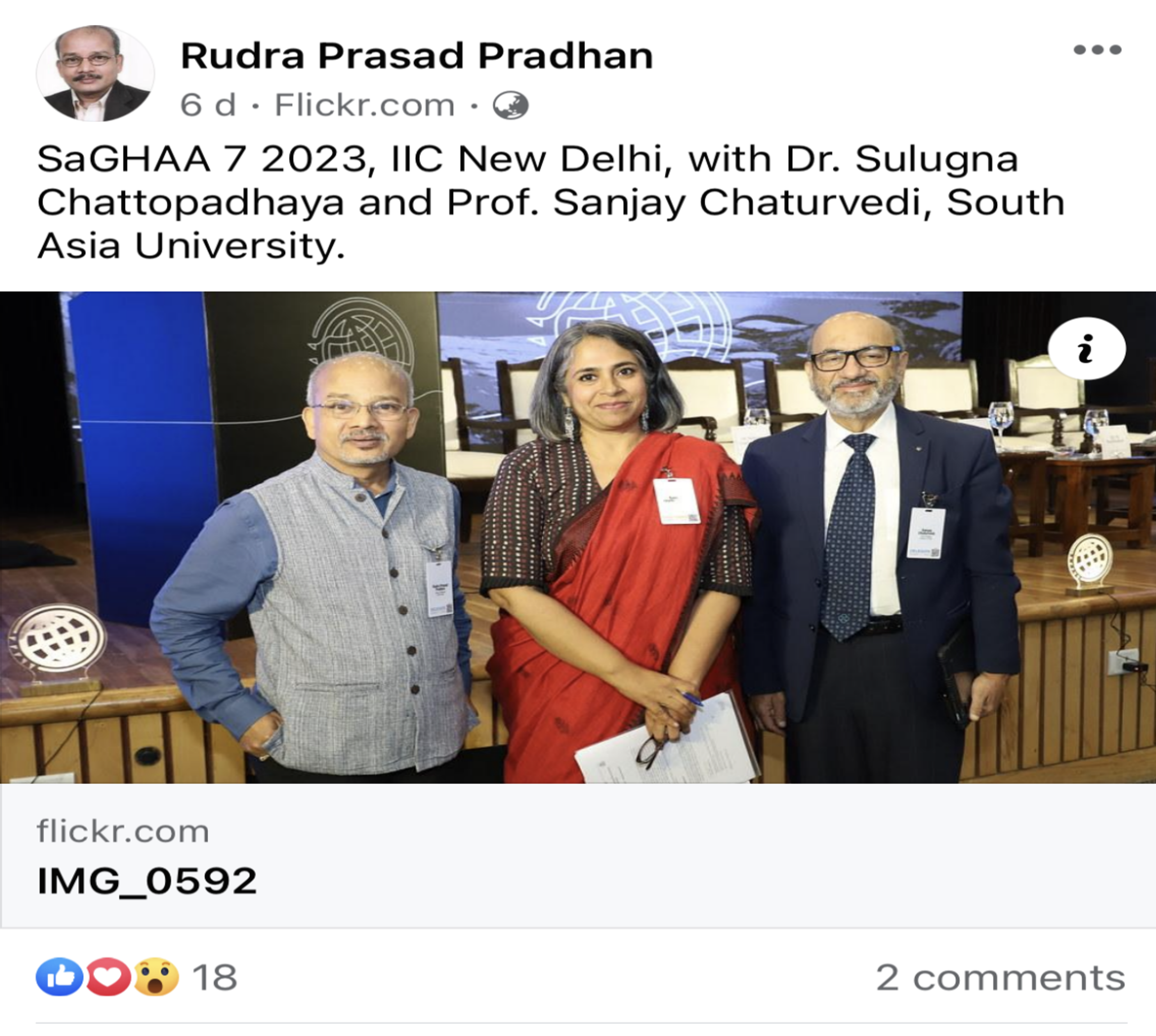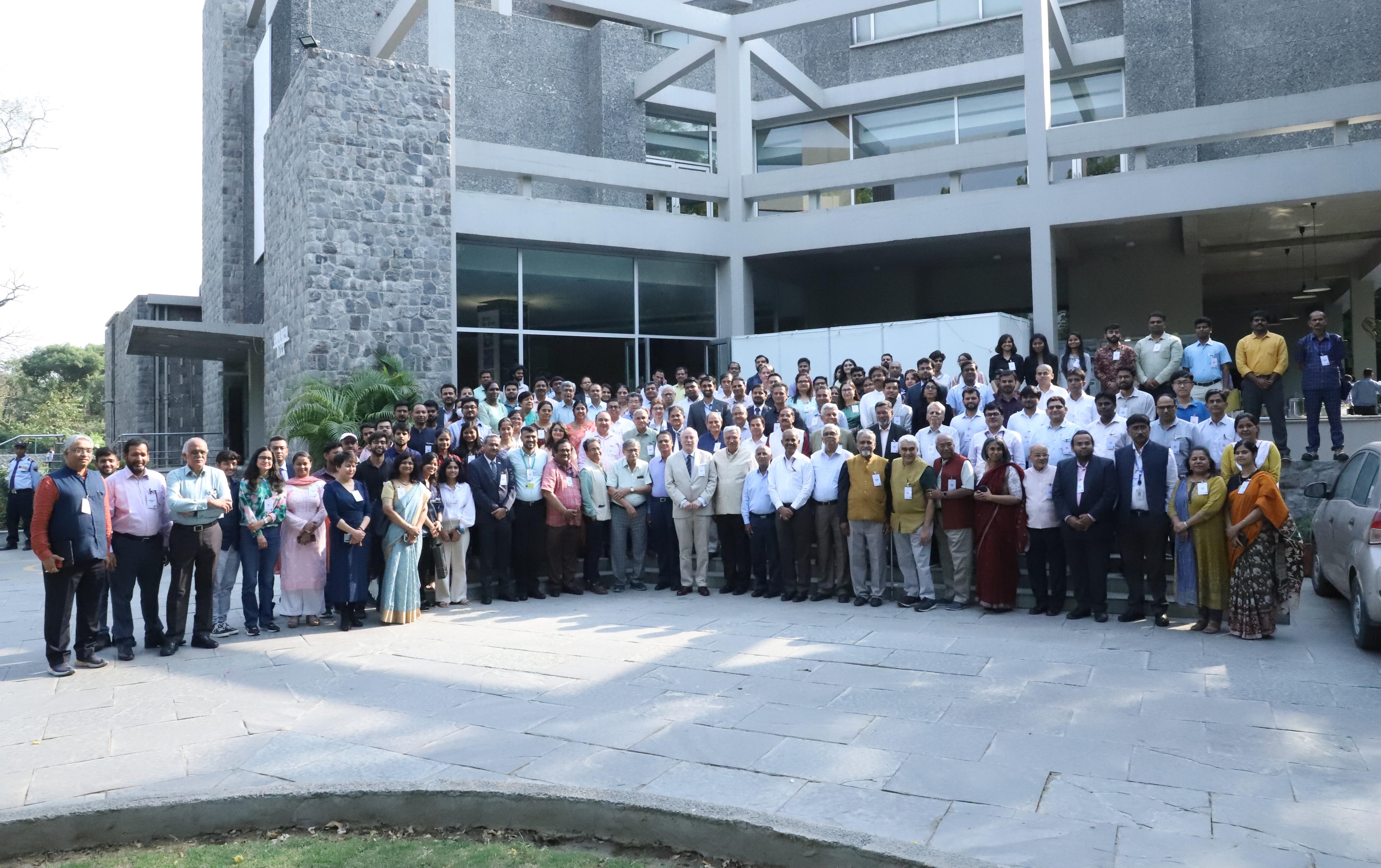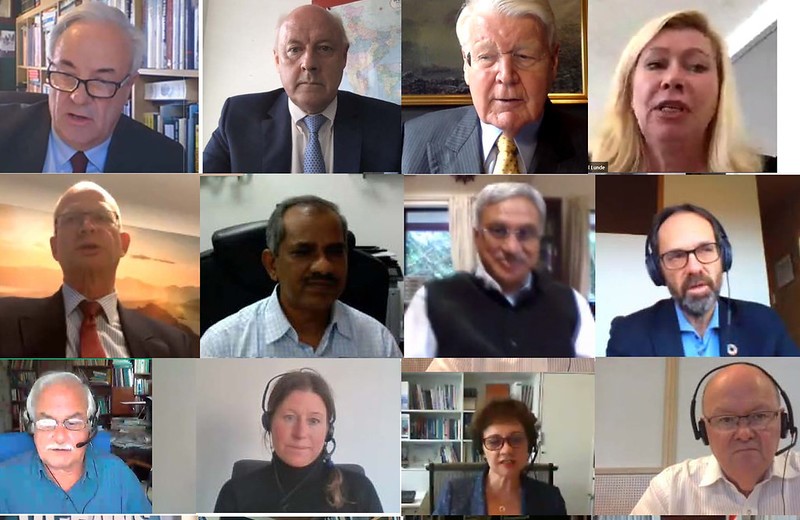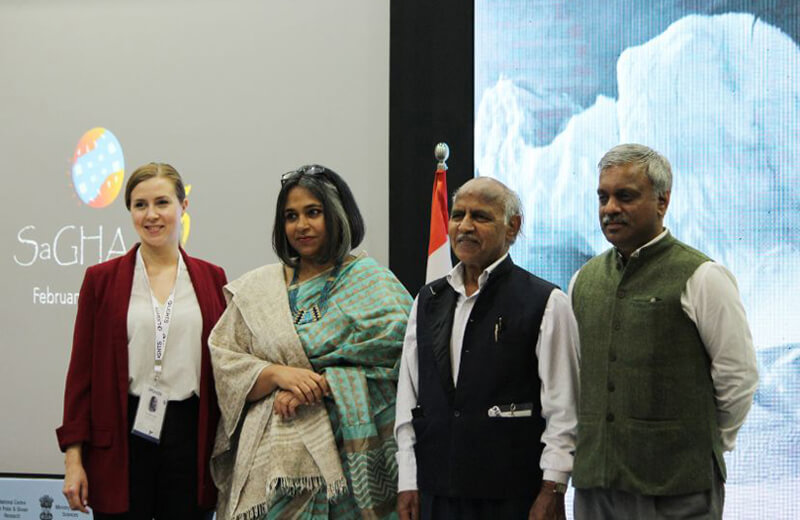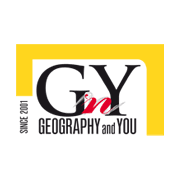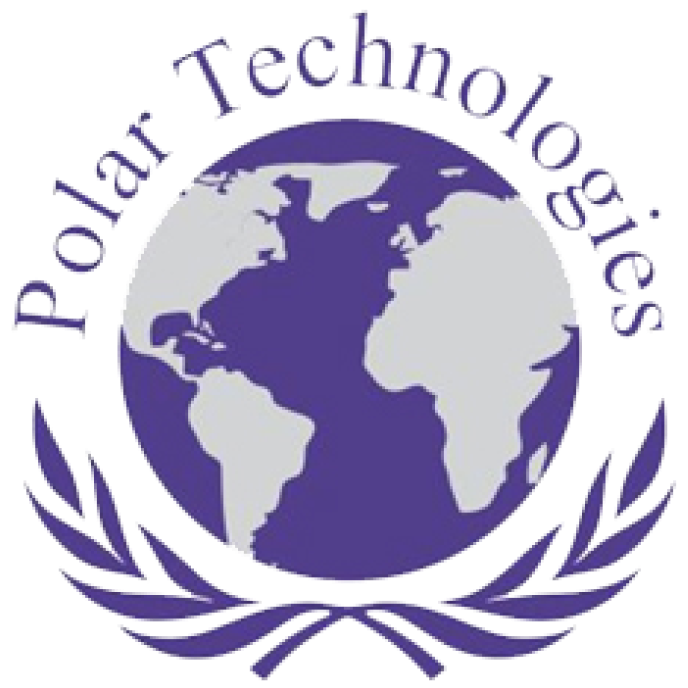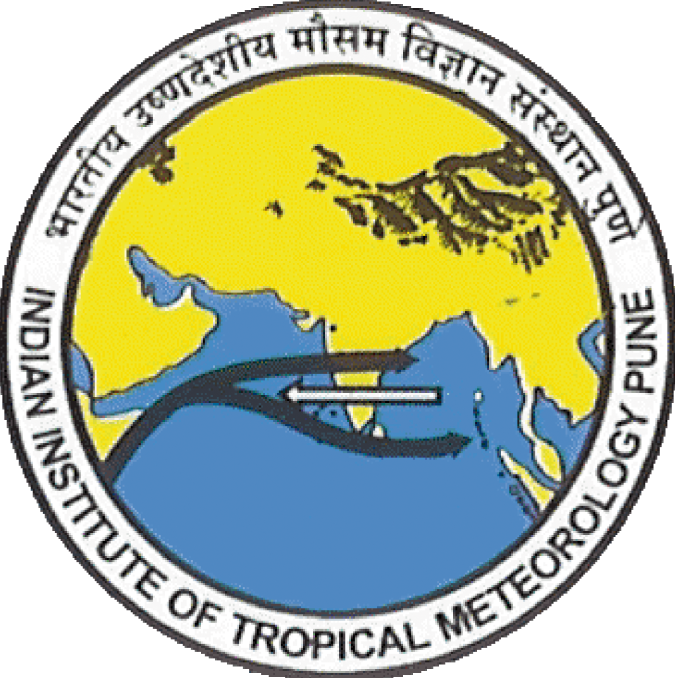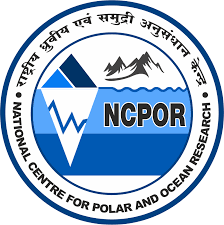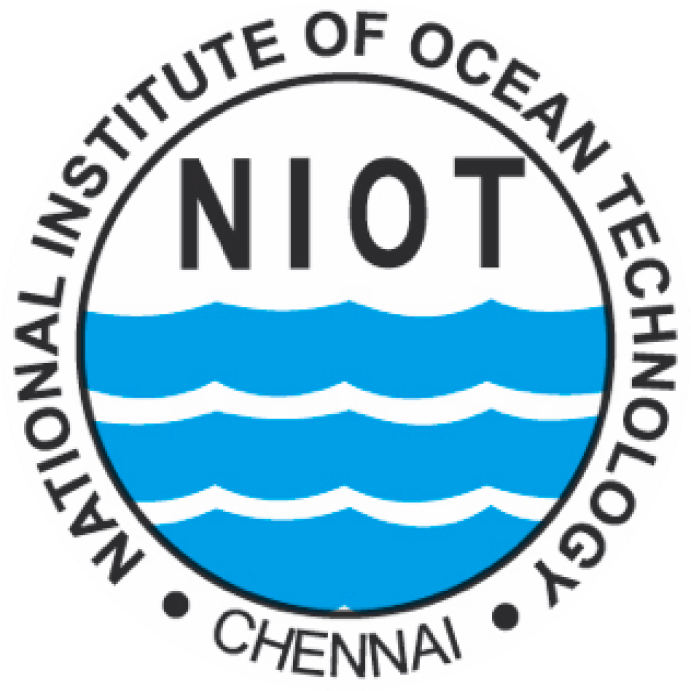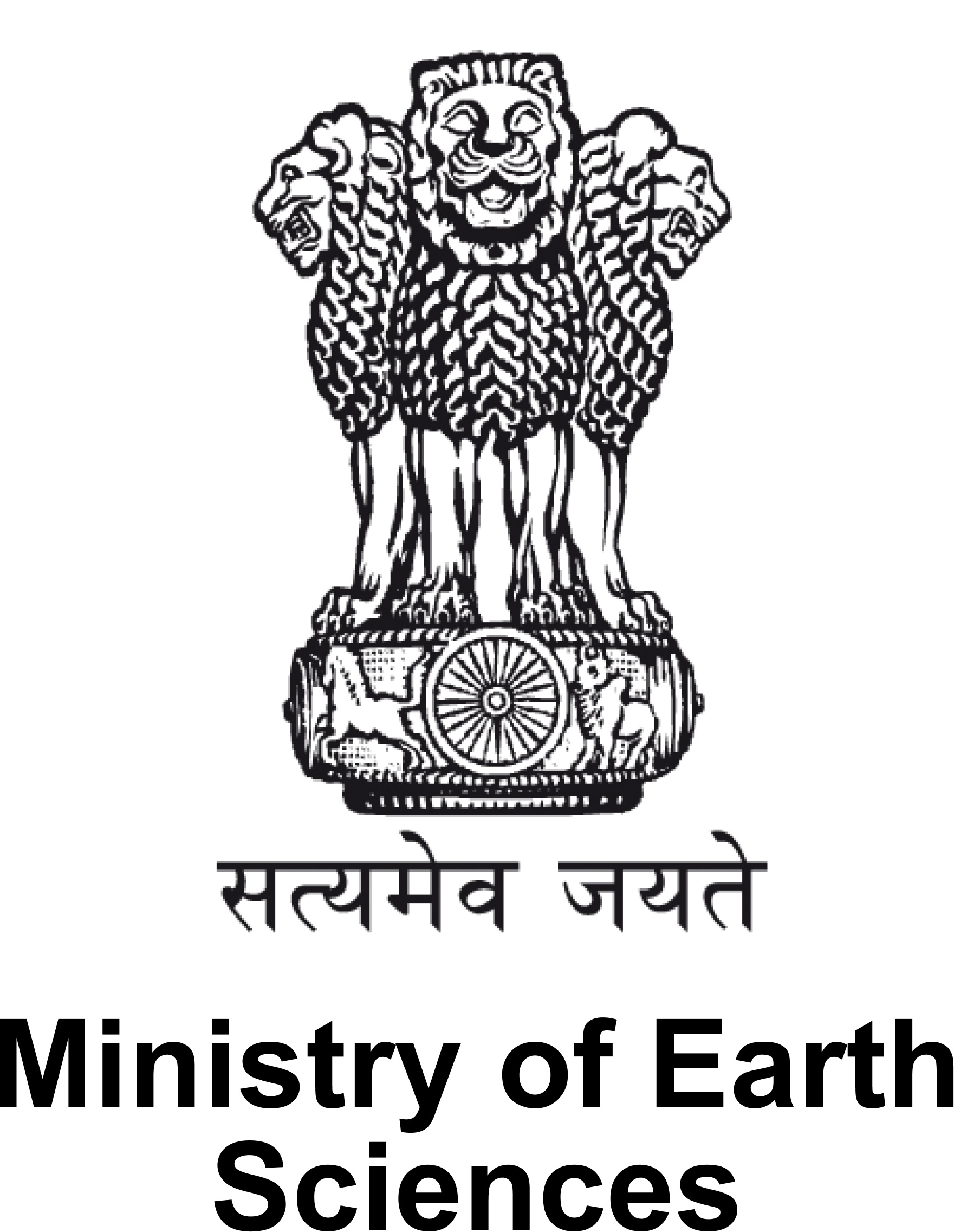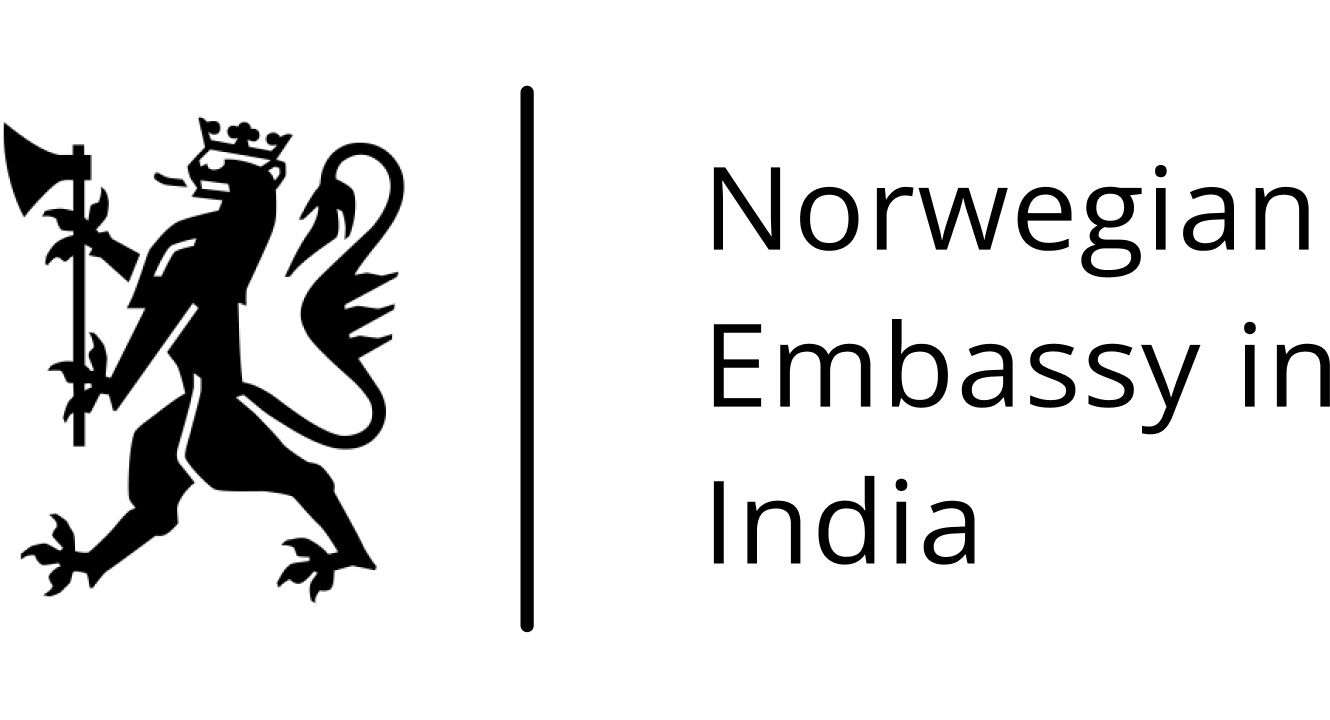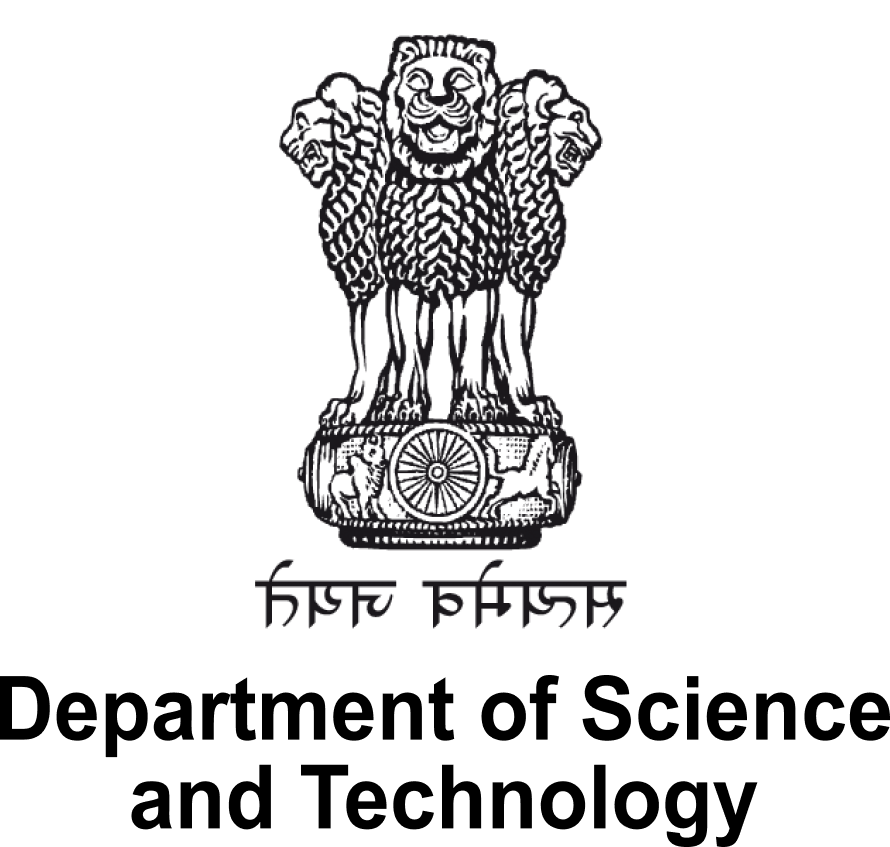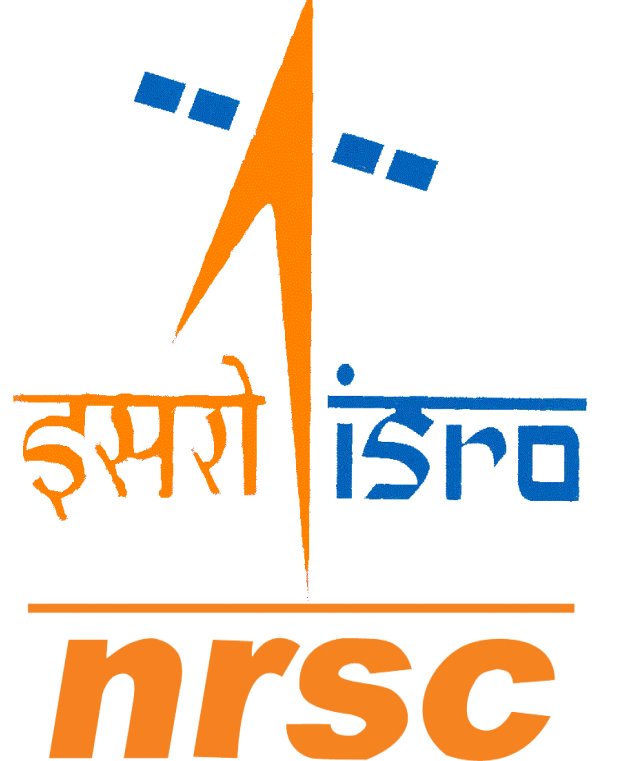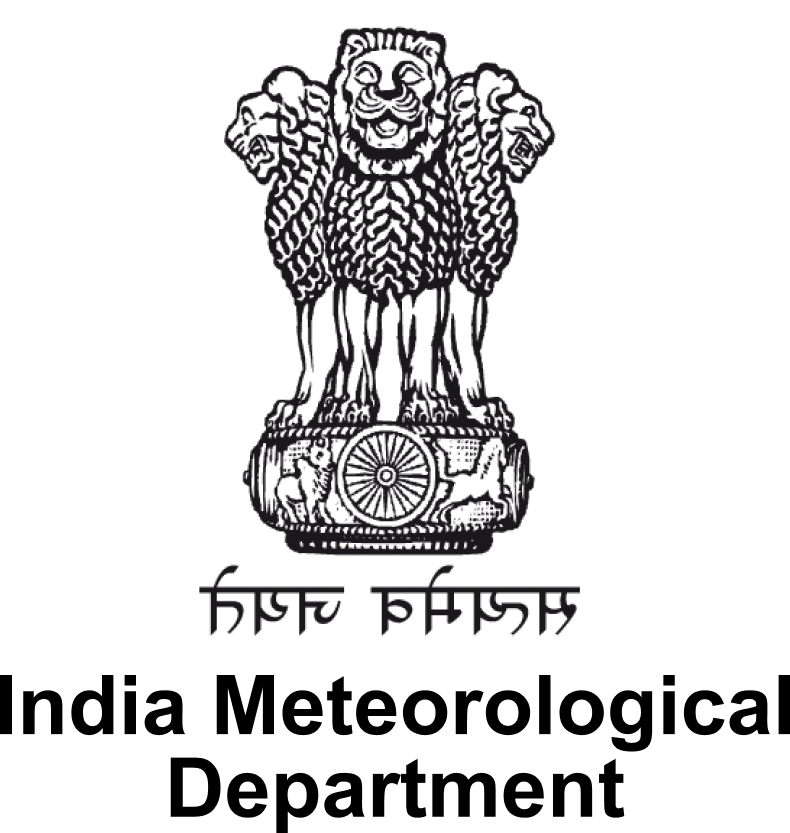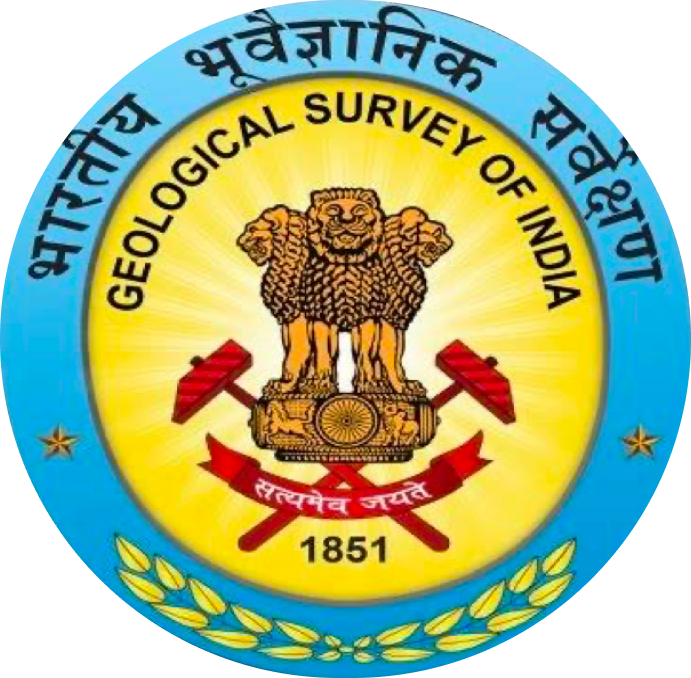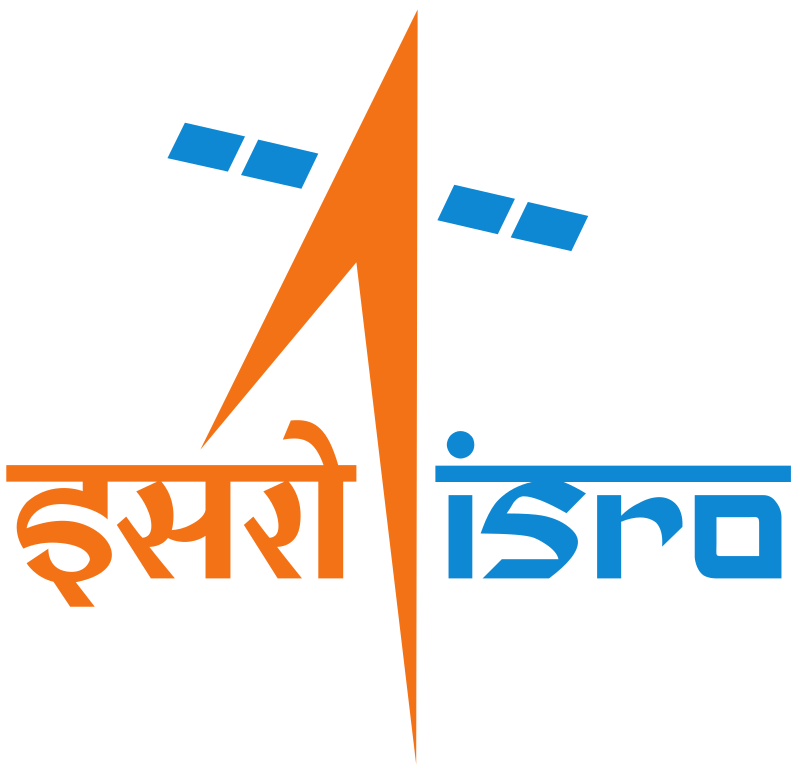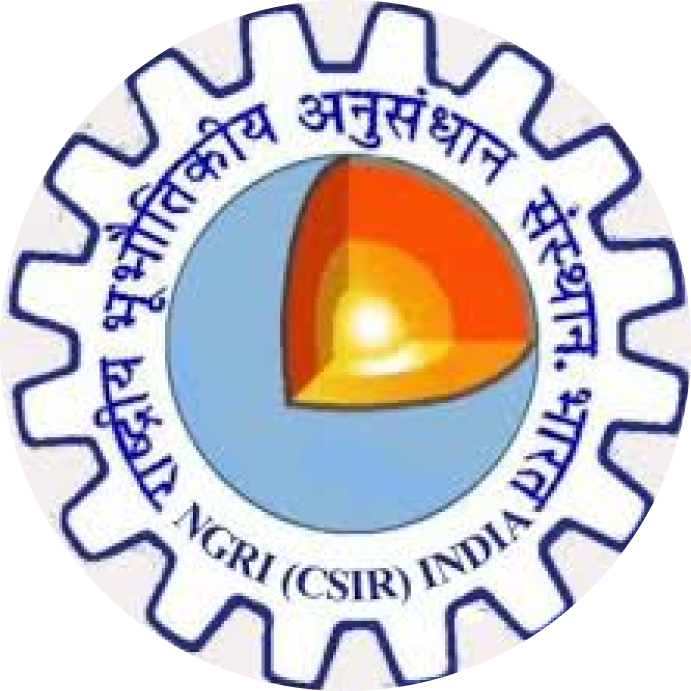NRSC (ISRO)
National Remote Sensing Centre (NRSC) has the mandate for establishment of ground stations for receiving satellite data, generation of data products, dissemination to the users, development of techniques for remote sensing applications including disaster management support, geospatial services for good governance and capacity building for professionals, faculty and students. In the realm of polar research, NRSC plays a pivotal role by leveraging satellite remote sensing technologies to study and monitor the Earth's polar regions.Establishment of the Antarctica Ground Station for Earth Observation Satellites (AGEOS) at India's Bharati research station in Antarctica is one of the most important roles they played.
National Centre for Coastal Research
In 1997, the Government of India implemented the Environment Management Capacity Building (EMCB) programme for a period of five years, funded by the International Development Association through the World Bank. The Department of Ocean Development (DOD) established a Project Directorate i.e., Integrated Coastal and Marine Area Management (ICMAM), at Chennai in January,1998 with the approval of Cabinet Committee on Economic.While primarily focused on coastal and marine studies, NCCR's expertise extends to polar research, particularly concerning the impact of microplastics in the Arctic Ocean., NCCR contributes to a broader understanding of environmental issues that transcend regional boundaries, reinforcing India's commitment to global scientific collaboration and sustainable environmental practices.
Royal Norwegian Embassy
The Embassy of Norway in New Delhi is responsible for the Norwegian Honorary Consulates in Kolkata and Chennai. The Embassy is also responsible for Bhutan and the Maldives. Norway's Foreign Mission in India also includes the Consulate General in Mumbai.Ties between Norway and India have deep historical roots.In recent years, Norway has significantly strengthened its presence in India.In 2024, the National Centre for Polar and Ocean Research (NCPOR) and the Norwegian Polar Institute (NPI) signed a Memorandum of Understanding to enhance cooperation in polar science, focusing on shared research platforms and scientific exchanges.These joint endeavors not only advance scientific understanding of polar regions but also inform global climate policy, underscoring the significance of India-Norway cooperation in addressing climate change challenges.
Embassy of Finland
Finland established diplomatic relations with India in 1949, after the country had gained independence in 1947. In recent years, the consolidation of the political and economic cooperation between the countries has been reflected in an increase in joint initiatives and the active exchange of delegations.A notable area of collaboration is polar research, where both nations have shown a shared commitment to understanding and addressing the challenges of climate change. India, as an Observer State in the Arctic Council since 2013, has engaged in scientific research in the Arctic, aligning with Finland's emphasis on environmental protection and sustainable development in the region. Through these collaborative efforts, the Embassy facilitates a dynamic and evolving relationship that contributes to global understanding of polar environments and the impacts of climate change.
Embassy of Iceland
The Embassy's mission is to strengthen and promote political, economic and cultural relations between Iceland and these countries. The Embassy of Iceland in New Delhi was formally opened in 2006.In the realm of polar research, the Embassy actively promotes cooperation between Indian institutions and Icelandic entities. Ambassador Guðni Bragason's visit to India's National Centre for Polar and Ocean Research (NCPOR) in Goa underscored mutual interests in Arctic studies, including discussions on India's Arctic policy and participation in the Arctic Circle Assembly in Reykjavík.Through these multifaceted initiatives, the Embassy of Iceland in India plays a pivotal role in advancing bilateral relations, with a shared focus on environmental sustainability and polar research collaboration.
INCOIS
ESSO-INCOIS was established as an autonomous body in 1999 under the Ministry of Earth Sciences (MoES) and is a unit of the Earth System Science Organisation (ESSO). ESSO INCOIS is mandated to provide the best possible ocean information and advisory services to society, industry, Science & Geopolitics of Himalaya-Arctic-Antarctic 71 government agencies and the scientific community through sustained ocean observations and constant improvements through systematic and focussed research.
Norwegian Embassy in India
Norway with its extensive scientific and technical capabilities has always been ahead when it comes to polar research in the global arena. Norwegian Polar researchers have been publishing world class research papers on the myriad changes taking place in the Arctic. Svalbard, a Norwegian archipelago between mainland Norway and the North Pole plays an important role as a research platform. The areas where Norway spearheads research includes climate system, ecosystem and biogeochemical environment. It also focuses on the glacier and ice-sheet dynamics and marine ecosystems in Antarctica. Research on wide ranging environment changes and commercialization of the polar regions are areas where the Norwegian Embassy engages with India. Norwegian polar research embarked on a new era in 2018 with the development of a state of the art 100 m long ice-breaker vessel Kronprins Haakon, which is amongst the most advanced vessels in the world.
NIOT
NIOT is an autonomous organisation
under MoES, Govt. of India. It has been
playing a pivotal role in developing
reliable indigenous technologies with
applications focussed on the sustainable
utilisation of oceanic resources,
especially in the context of the Deep
Ocean Mission. Its technologies in the
domain of deep sea, energy and
freshwater, ocean observations, coastal
environmental engineering and marine
biotechnology have been outstanding.
IITM
IITM is an autonomous organisation under MoES. IITM strives towards development of outstanding research talent capable of understanding and exploring enlightened and effective Atmospheric sciences, along with furthering the advancement of Research in Ocean-Atmosphere by undertaking relevant scientific programmes and collaborating with other similar research institutions, in the development and application of climate study.
NCPOR
NCPOR, erstwhile National Centre for
Antarctica and Ocean Research, is an
Autonomous body under the Ministry of
Earth Sciences, Govt. of India, situated in
Goa. The mandate of the centre is to
plan, promote, coordinate and
implement scientific research in the
polar regions and the surrounding
realms. The Centre is also designated as
the nodal organisation for the co-
ordination and implementation of the
Indian Antarctic Programme, including
the maintenance of India’s permanent
station in Antarctica. Besides organising
expeditions, NCPOR also maintains the
Indian research bases in Antarctica
(Maitri and Bharati), Arctic (Himadri) and
Himalayas (Himansh). Through the
national polar programmes, the Institute
promotes the multi-institutional and
multi-disciplinary approach to enhance
the quality of Indian polar research,
including that in the Southern Ocean.
NCPOR spearheads research on
paleoclimatology (using ice and
sediment cores), teleconnection
between polar regions and tropics, polar biology, remote sensing, sea-ice
interactions, polar environment,
Southern Ocean studies, etc. Apart from
polar sciences, NCPOR is also the nodal
agency for geo-scientific studies which
include the Extended Continental Shelf
Programme, mapping Indian Exclusive
Economic Zone, Deep Sea Exploration
(Hydrothermal and Polymetallic
Nodules) to harness the ocean’s non-
living resources, understanding Indian
Ocean Geoid Low and the International
Ocean Discovery Programme.
MOES
The Ministry of Earth Sciences (MoES), formerly known as Department of Ocean Development (DOD) was established in 1981 with the mandate to create a deeper understanding of the oceanic regime of the northern and central Indian Ocean and also develop technology and technological aids for harnessing of resources and understanding of various physical, chemical and biological processes in the icy realms of Arctic and Antarctic. In 2006 India Meteorological Department (IMD), established in 1876 to provide meteorological service to the country, was integrated with MoES by bringing meteorological agencies and ocean development department under one umbrella considering the importance of ocean atmospheric interfaces. The MoES, aims at looking at the planet in a holistic way in as much as understanding of interplay of earth dynamics and systems phenomenon
Samhitha Marine
Samhitha Marine, a professional business support services organisation focused on marine &
oceanography, underwater systems, deep sea technology etc. is working in the Indian market, as
technical associates for world leading companies of repute – helping them establish business and
sustaining in-country operational support. Samhitha Marine is evolving new approaches, and
defining strategic alignment to provide turnkey solutions including custom development and
indigenous value addition; integration and maintenance; deployment and retrieval services etc.
GSI
The Geological Survey of India (GSI), the second oldest survey in the country was established in I85l with the singular aim to locate coal for the railways. GSI over the years has expanded its role to undertake elucidation of the geological set up of the country, including assessment and regional level exploration for coal and other mineral resources, inputs to engineering projects, geotechnical studies, geo-environment and natural hazards, glaciology, seismotectonics etc. GSI is the prime provider of basic earth science information to the government, industry and the general public, as well as a responsive participant in international geoscientific fora. The vibrant steel, coal, metals, cement and power industries which expanded phenomenally in the post-independence era, bear eloquent testimony to the GSI’s relevance in the national context.
Norinco
Established in 1942, Norinco is a multi-faceted organization
committed to providing holistic solutions to partners, customers
and stakeholders. Established in 1942, Norinco has grown to service
a range of business verticals such as Marine Equipment,
Oceanographic Research & Equipment, Steel and Hydrogen.
The only company in India certified exclusively for Annual Maintenance Contract for Marine
Scientific Research Equipment under ISO 9001-2015. They offer oceanography research institutes cost-effective annual maintenance services onboard their research vessels, including maintenance and operation of research and auxiliary equipment.


